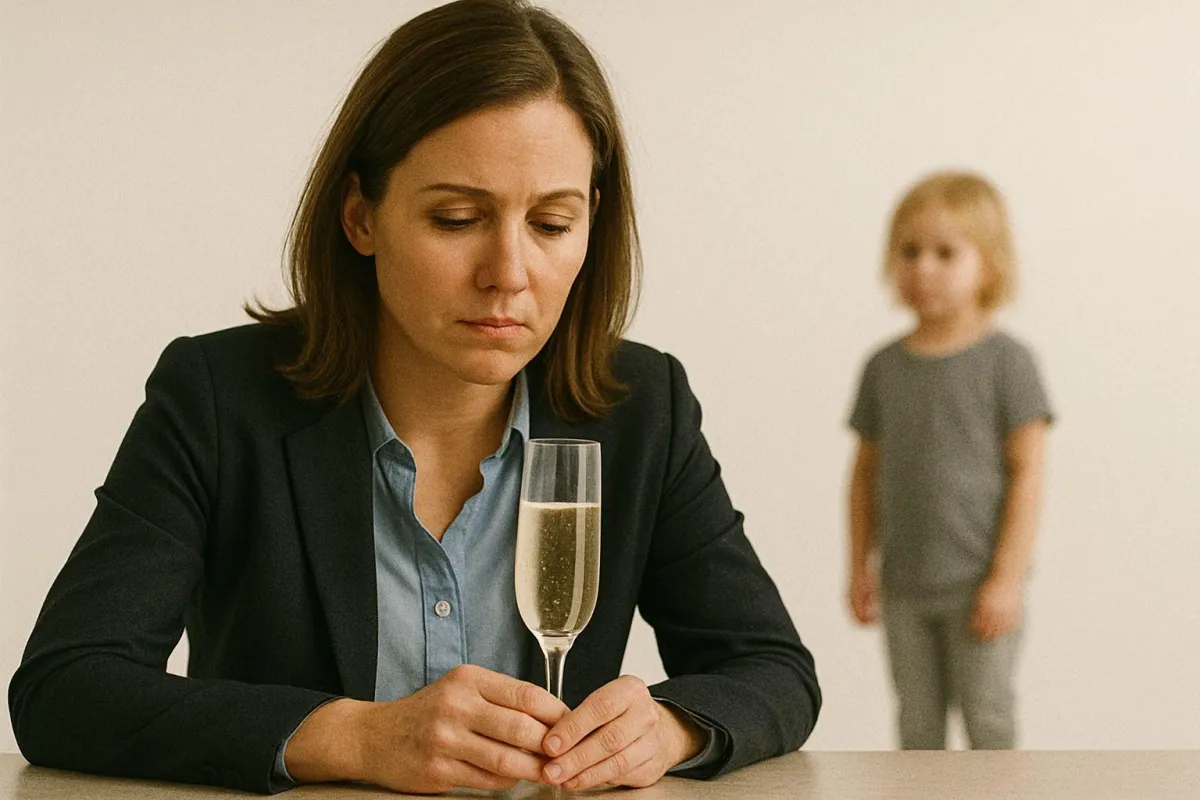
The Role of Endorphins in Alcohol Dependency: What You Need to Know
Key Takeaways
Endorphins are the brain’s natural “feel-good” chemicals and play a key role in the cycle of alcohol dependency.
Alcohol can artificially stimulate endorphin release, creating a feedback loop of reward and craving.
Understanding how endorphins work is crucial to breaking the cycle of alcohol use disorder (AUD).
Treatments like the Sinclair Method target the endorphin system using Naltrexone to interrupt dependency patterns.
Support, education, and structured coaching increase the chances of successful long-term recovery.
What Are Endorphins and Why Do They Matter?
Endorphins are naturally occurring chemicals in the brain that help us manage pain and boost pleasure. Often called the body’s “natural opioids”, they are released during activities like exercise, laughing, eating, and social bonding. When endorphins flood the brain, we feel good — relaxed, happy, or even euphoric.
But here’s where it gets complicated: alcohol can artificially stimulate endorphin release, tricking the brain into associating drinking with pleasure and reward. This artificial reward system plays a crucial role in how alcohol dependency develops and is maintained over time.
The Connection Between Alcohol and Endorphins
Research shows that alcohol increases endorphin activity in brain regions linked to reward and reinforcement, particularly the nucleus accumbens and orbitofrontal cortex. These are the same areas involved in addiction to opioids, nicotine, and other substances.
How the Cycle Develops:
Trigger: Stress or a social situation
A person reaches for alcohol to cope or relax.Action: Drinking begins
Alcohol consumption leads to increased endorphin release.Brain response: Pleasure spike
The brain starts linking alcohol with reward and relief.Result: Habit forms
Over time, the brain craves this artificial high, and dependency strengthens.Withdrawal phase:
When not drinking, natural endorphin production drops, leading to cravings and discomfort.
Breaking the Cycle with the Sinclair Method
The Sinclair Method (TSM) is a science-backed approach that targets the endorphin system. It uses Naltrexone, a medication that blocks endorphin receptors in the brain. This means alcohol no longer provides the rewarding rush, gradually reducing cravings and habitual drinking.
Benefits of the Sinclair Method:
Reduces drinking gradually and safely
No need to quit alcohol immediately
Uses medical science, not willpower, to break the habit
Well-supported by clinical research and success stories
Want to see if this method could help you? We offer a free screening call to explore your options.
Why Understanding Endorphins Changes Everything
Once we understand that alcohol dependency is largely driven by brain chemistry, not weakness or lack of self-control, we can approach recovery with compassion and clarity.
This is at the heart of what we do at Rethink Drink. Through evidence-based guidance, one-to-one coaching, and judgement-free support, we help individuals reshape their relationship with alcohol.
Ready to dive deeper into how the Sinclair Method works? Take our free mini course to learn more.
How to Naturally Boost Endorphins Without Alcohol
Rebuilding your brain’s natural balance of endorphins is key to long-term recovery. Here are practical ways to do that:
Exercise regularly
Running, cycling, dancing, and resistance training all help flood the brain with natural endorphins.Laugh often
Social laughter isn’t just good for the soul — it chemically lifts your mood.Connect with others
Meaningful relationships stimulate the release of bonding-related endorphins.Listen to uplifting music
Music triggers emotional reward centres, giving a feel-good lift.Eat spicy foods or dark chocolate
Certain foods can give small endorphin boosts — in moderation, they help!Meditate or practise yoga
These promote relaxation and support better regulation of stress hormones and endorphins.
Recovery Starts With Understanding
When you understand the role of endorphins in alcohol dependency, you gain power over the process. You’re no longer caught in an invisible loop — you’re informed, supported, and capable of change.
Start your journey today with Rethink Drink. Visit our homepage to explore our services and support tools designed to help you rethink your relationship with alcohol and take back control — one step at a time.


